Category Archives: Literary translation
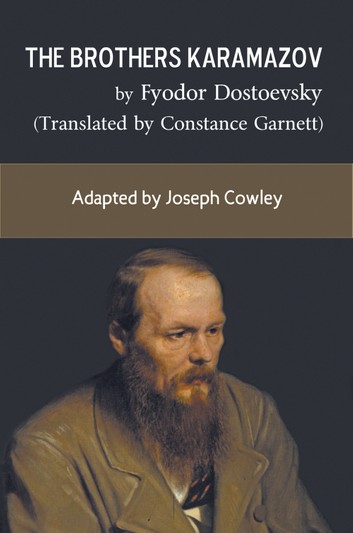
Constance Garnett, the great Russian classics, and the problem of era-specific translation
by Pisana Ferrari – cApStAn Ambassador to the Global Village “It is sometimes said that in order to convey atmosphere a translation must be redone for each generation”. Is this really the case? asks author and journalist Sara Wheeler in a recent article for Literary Hub. (1) Wheeler takes the example of works by translator …
“Constance Garnett, the great Russian classics, and the problem of era-specific translation”
Read More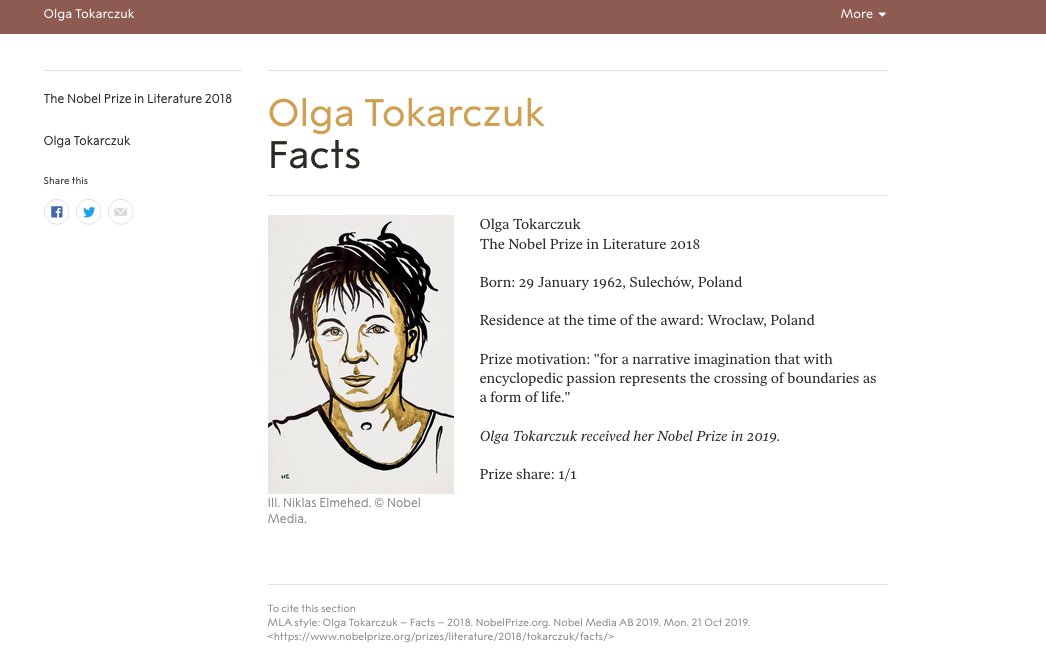
Would Olga Tokarczuk have won the Nobel prize if she had not been translated into English?
by Pisana Ferrari – cApStAn Ambassador to the Global Village Nobel prize laureate Olga Tokarczuk has been a bestselling author in Poland for three decades. In a recent interview for “The Guardian” she says she wonders how her life would have worked out if her books had been translated into English sooner. The novel “Flights”, …
“Would Olga Tokarczuk have won the Nobel prize if she had not been translated into English?”
Read More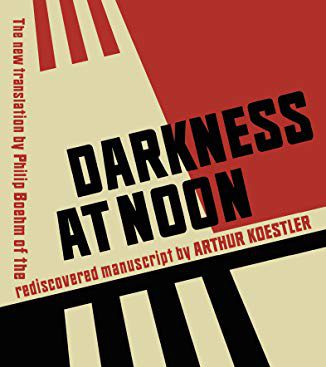
The recovered original of Koestler’s “Darkness at noon”, lost in 1940, now out in a new English translation
by Pisana Ferrari – cApStAn Ambassador to the Global Village A new translation of the internationally acclaimed anti-totalitarian novel “Darkness at Noon” will allow the English reading public to read it for the first time as Arthur Koestler wrote it. A recent article in for “The Literary Hub” recounts the circumstances under which the original …
Read More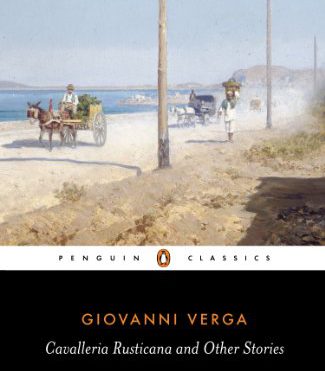
Can a fine translation be as important and unique as the original work?
by Pisana Ferrari – cApStAn Ambassador to the Global Village In an article for the NYR Daily, author/translator Tim Parks explores what he calls a “perplexing” dilemma. Most readers are only familiar with texts translated in their own languages, and if they enjoy the translation they will rightly thank the translator, he says, and will …
“Can a fine translation be as important and unique as the original work?”
Read More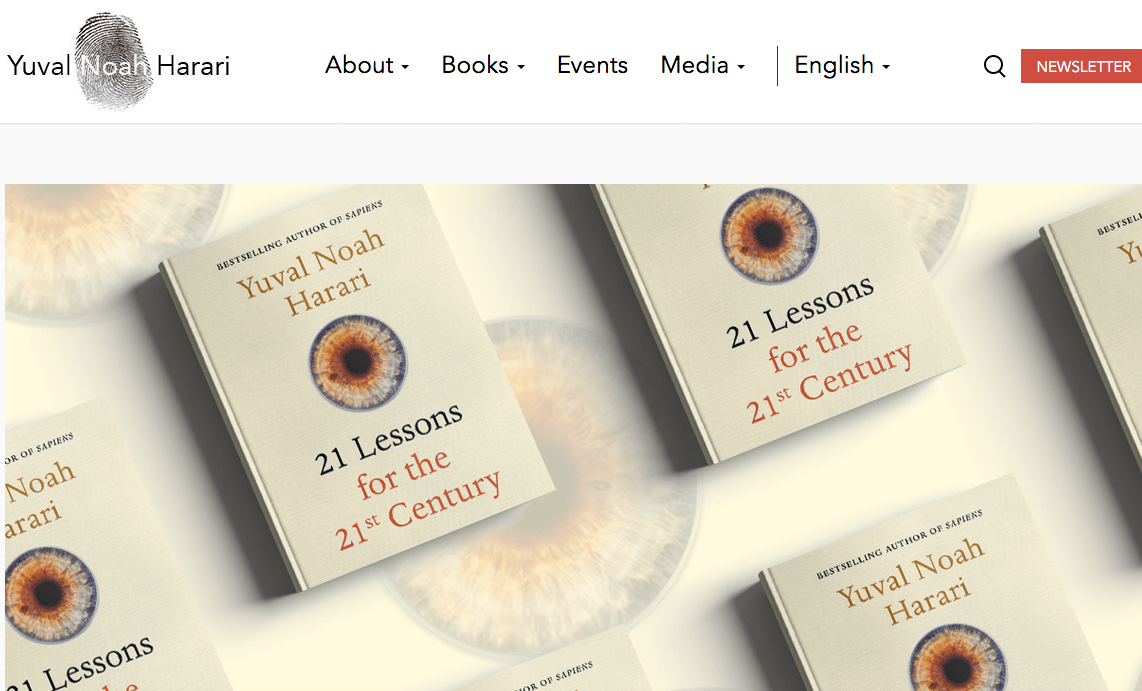
Should local adaptation of a book include replacing potentially sensitive content?
by Pisana Ferrari – cApStAn Ambassador to the Global Village Yes, according to Yuval Noah Harari-a bestselling author whose books have been translated into over 60 languages and sold over 20m copies-if there is a risk that the book will be banned in a specific country. Harari has recently come under fire for amending the …
“Should local adaptation of a book include replacing potentially sensitive content?”
Read More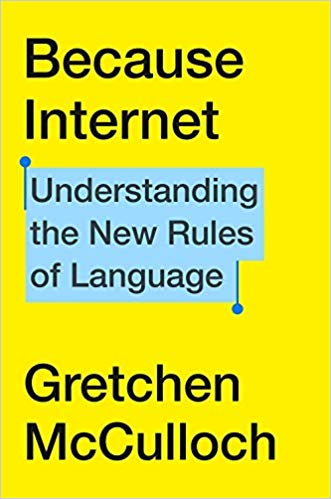
“Because Internet”, by linguist Gretchen McCulloch: a must read
by Pisana Ferrari – cApStAn Ambassador to the Global Village Social acronyms, abbreviations, emphatic capitals, expressive word lengthening, creative respellings, keysmashing, hashtags, emoji, and a subtle use of punctuation are just some of the innovative ways to convey nuances of tone of voice that are changing the way we communicate online. With the explosion of …
““Because Internet”, by linguist Gretchen McCulloch: a must read”
Read More